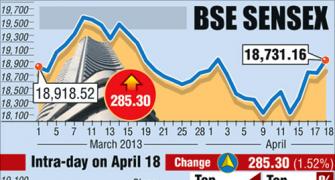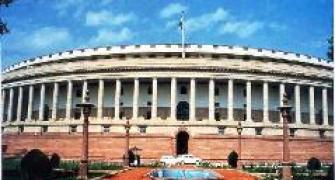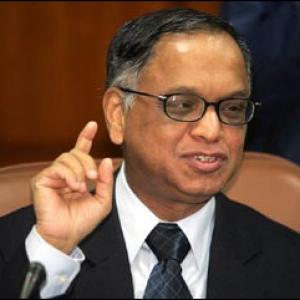 Pedigree pays, and much more than professional degrees and experience.
Pedigree pays, and much more than professional degrees and experience.
According to an analysis by governance firm Institutional investors Advisory Services, in Indian companies, the salaries of professional managers are much lower than those of their counterparts related to the companies’ owners.
“There is a substantial gap between salaries of owner CEOs (chief executive officers) and professional executives.
"While our data does not include Esops (employee stock option plans) to professional CEOs, anecdotally, we believe this disparity would still hold, even if Esops were to be considered,” IIAS said in a report titled ‘Executive Remuneration: Time to rein in the rewards’.
The report added for family-owned businesses in which multiple family members were on the board, their combined remuneration tended to be on the higher side; in one case, it accounted for about 70 per cent of the total staff costs.
But managerial personnel can take heart from the fact that they are better placed than the average employee.
In India, data for Sensex companies show in 2011-12, executives were paid a median remuneration 85 times that of the average employee.
Though the average employee remuneration grew since 2009-10, remuneration of managing directors grew faster.
Another glaring disparity was the one between private companies and public sector undertakings.
On an average, executive directors in the private sector (BSE100) took home an annual remuneration of Rs 6.89 crore in 2010-11. In contrast, the annual remuneration for public sector executives averaged just Rs 51 lakh.
“The growth and performance of any company depends on the quality of its human resources.
"In this context, it is important to maintain a balance between the remuneration paid to the senior management and the average employee in an organisation,” IIAS said.
This view has also been advocated by management experts such as Peter Drucker and practitioners such as Narayana Murthy, who have recommended the ratio of CEO remuneration to average employee remuneration be capped at 20-25 times.
“Globally this ‘rule’ is rarely observed. Studies show in developed markets such as the US and Canada, CEOs generally earn 200-300 times the average employee salary,” the report said.
At a time when the global markets, plagued by a prolonged slowdown, are stumbling towards recovery, public scrutiny and criticism of high executive remuneration is getting sharper.
In India, while there have been isolated cases of discontent regarding executive pay, as observed recently in the Jindal Steel and Power and Sun TV cases, the umbrage is nowhere close to the ‘say-on-pay’ movement rocking Europe and the US.
The IIAS report also offers for cheer to employees.
“Our analysis leads us to conclude that while the average CEO remuneration for the BSE 500 companies has risen 25 per cent in the last four years, it is largely in line with increase in profitability -- primarily because of the two-part remuneration structure prevalent in most companies, which comprises fixed pay and a variable component.”
The companies paying the highest salaries aren’t necessarily the most profitable, or the largest in terms of market capitalisation.
These companies are outliers, and tend to skew the overall remuneration levels of the BSE100 and BSE500 companies.










